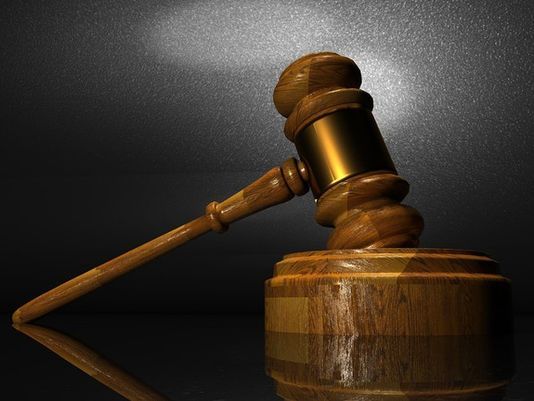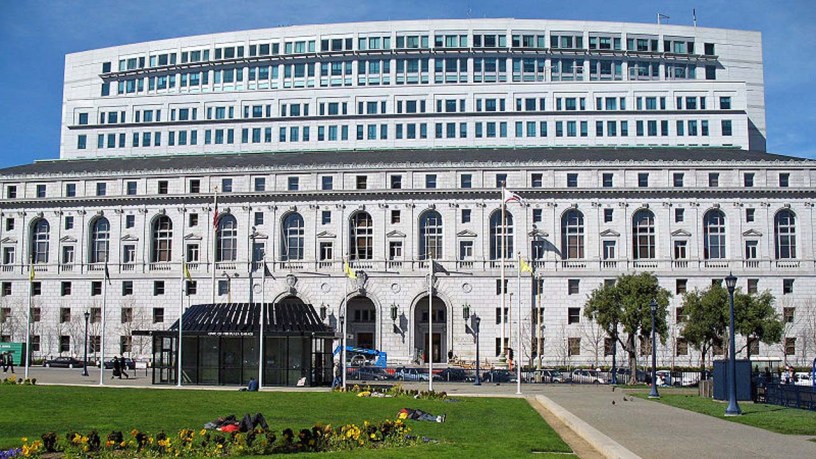Source : Philly News
By : Stu Bykofsky
Category : Bail Bonds Sanford , Seminole County Bail Bonds

Corporations and rivers now have rights. Animals are next
In a stunning move, India last month granted “living person” status to the Ganges and Yamuna rivers, making polluting the rivers akin to assaulting a human. A week earlier, New Zealand made the Whanganui River a “living entity” with legal rights. Sound crazy? Maybe less so when you remember that in the Citizens United and Hobby Lobby cases, the U.S. Supreme Court ruled companies are like people and have certain rights.
If rivers and businesses have rights, why not animals, ask animal advocates excited by the river rulings.“Legal personhood is not determined by biology, but by public policy,” argues Steven Wise, founder of the Nonhuman Rights Project. For decades he has been a lawyer for what he calls “nonhuman clients.” Existing animal welfare statutes, he says, “don’t provide recourse against the inherent cruelty of depriving self-aware, autonomous beings of their freedom, the company of others of their kind and their natural habitats.” His goal is to pry open the law.
One success last year was the Oregon Supreme Court, contrary to the usual legal view, ruling that dogs are more than “property.” Nonjudicial successes included getting elephants out of the Ringling Bros. circus and killer whales out of Sea World, reflecting Americans’ changing attitudes toward captive animals. Achieving “rights” for animals is poised to be the next great social revolution, but no one is suggesting that animals get the right to vote or to drive. The “rights” would be limited, like those enjoyed by children. People for the Ethical Treatment of Animals is considered extremist by some, yet founder Ingrid Newkirk’s definition of “rights” is moderate: “The decent, commonsense idea that if a living being can suffer, whether child or Chihuahua, man or mouse, it is wrong to impose that suffering on them needlessly,” she tells me.
Some animals do enjoy limited “rights,” says Wayne Pacelle, CEO of the Humane Society of the United States, “including not to be tortured or harmed in a malicious way. Others have the ‘right’ not to be confined in small cages and crates.” Achieving those protections was painful and slow.
If “rights” were conferred, it would raise ethical considerations. Could we raise animals as food?
Yes, we could, says Tara Zuardo, a lawyer for the Animal Welfare Institute. “There are countries like Germany that have animals written into the constitution, but they still raise animals for food,” using humane methods. “We predict that courts will increasingly issue decisions declaring that animals are not merely property and deserve certain legal rights,” she says. A 1992 amendment to the Swiss Constitution recognized animals as “beings” instead of “things,” and in 2008 a committee of the Spanish Parliament conferred legal rights on great apes.
If a river has rights, how can they be denied to animals, which are sentient, and capable of feeling emotions such as joy, fear, loneliness?
“There is a trend toward recognizing that humans aren’t the be-all and end-all for those who deserve protection,” says Matthew Liebman, director of litigation for the Animal Legal Defense Fund. He cites cases around the world, from Spain to Argentina — where great apes have been accorded special protections and some formal “rights.” For decades, the Nonhuman Rights Project has been going to court to secure rights for chimpanzees, but it hasn’t yet achieved a breakthrough. It came close when it sued to have set free Leo and Hercules, two chimpanzees being held for research at Stony Brook University. The case stalled in 2015 when Stony Brook returned the chimps to the University of Louisiana, out of the court’s jurisdiction. PETA is in the U.S. Ninth Circuit Court of Appeals arguing that a chimp named Naruto holds the rights to pictures he took of himself using a camera set up and left in a forest.
Sound crazy? As crazy as Ringling giving up elephants?
Humans and chimpanzees share about 98 percent of the same DNA, and some humans have been freaked out ever since Charles Darwin wrote that humans are descended from apes.
Read more here: philly.com/philly/columnists/stu_bykofsky/If-corporations-and-rivers-have-human-rights-why-not-animals-.html




















